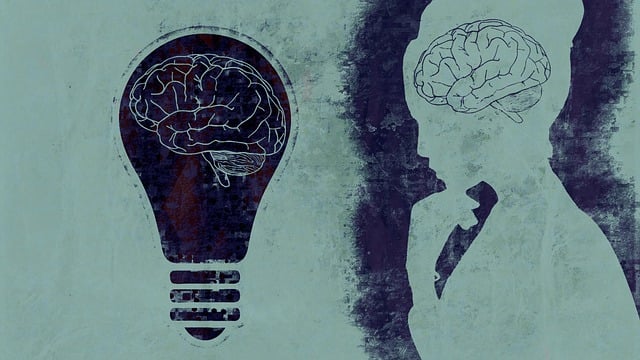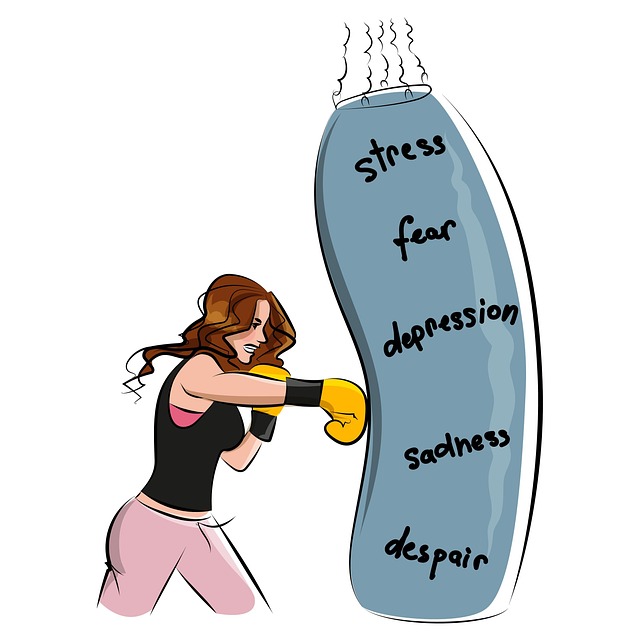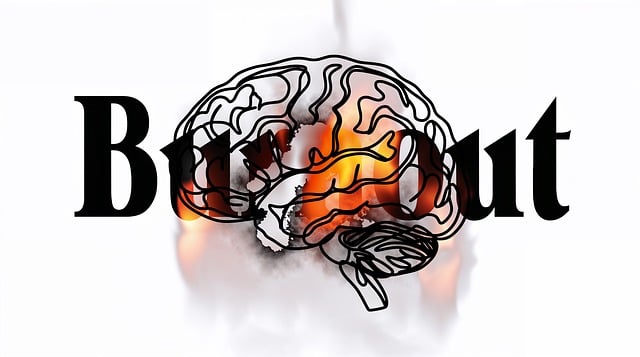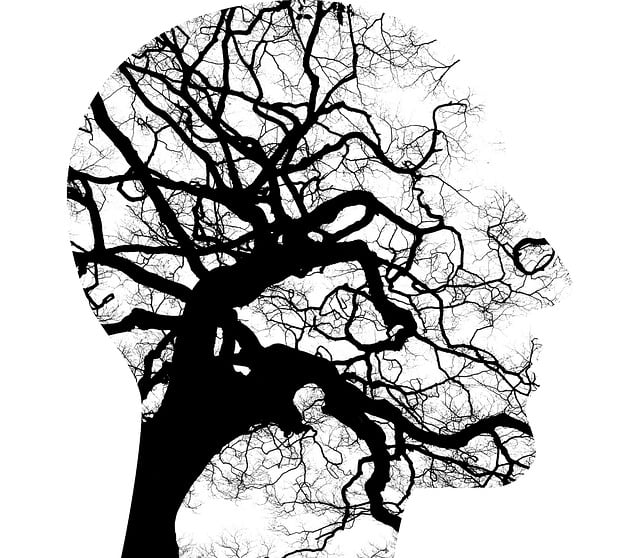Boulder, Colorado, tackles mental health stigma through evidence-based practices like Boulder Cognitive Behavioral Therapy (BCBT), focusing on CBT techniques to change negative thought patterns and empower individuals to manage symptoms. Community engagement initiatives, including education programs, support groups, and public discussions, foster understanding and empathy. Long-term success is measured using metrics like public attitude surveys and help-seeking rates, with continuous improvement driven by data. Integrated approaches like mindfulness and stress management, coupled with healthcare provider training, reinforce stigma reduction efforts.
Mental illness stigma continues to be a pervasive barrier, affecting individuals’ willingness to seek help. This article explores targeted efforts to reduce this detrimental social construct. We delve into the profound impact of stigma on affected individuals and its underlying roots. Furthermore, it highlights the effectiveness of Boulder Cognitive Behavioral Therapy as a powerful tool for stigma reduction. Community engagement strategies foster understanding and empathy, while long-term success measures and sustains these transformative initiatives.
- Understanding Mental Illness Stigma: Its Impact and Roots
- Boulder Cognitive Behavioral Therapy: A Powerful Tool for Stigma Reduction
- Community Engagement: Strategies to Foster Understanding and Empathy
- Long-term Success: Measuring and Sustaining Stigma Reduction Efforts
Understanding Mental Illness Stigma: Its Impact and Roots

Stigma surrounding mental illness is a pervasive issue that has far-reaching consequences for individuals and communities alike. It often stems from a lack of understanding and incorrect perceptions about what mental health truly entails. Mental illnesses, such as depression, anxiety disorders, or even schizophrenia, are medical conditions just like any other physical ailment, requiring professional help and treatment. Unfortunately, societal stigma portrays them as signs of weakness or personal failure, leading to widespread discrimination and isolation.
In Boulder, Colorado, where access to quality healthcare is a priority, the focus has shifted towards Cognitive Behavioral Therapy (CBT) and similar evidence-based practices to combat this stigma. CBT helps individuals identify and change negative thought patterns, thereby improving their overall mental wellness. Furthermore, Depression Prevention programs, Social Skills Training initiatives, and Mental Wellness Coaching Programs have been developed to educate communities and foster empathy, ultimately reducing the barriers associated with seeking help for mental health concerns.
Boulder Cognitive Behavioral Therapy: A Powerful Tool for Stigma Reduction

Boulder Cognitive Behavioral Therapy (BCBT) has emerged as a powerful tool in the ongoing efforts to reduce stigma associated with mental illness. This therapeutic approach focuses on identifying and changing negative thought patterns, beliefs, and behaviors that contribute to stigma. By teaching individuals effective communication strategies and promoting emotional regulation, BCBT helps people manage their symptoms and fosters a more positive perception of themselves and their mental health condition.
One of the key aspects of BCBT is its emphasis on stress reduction methods. Through structured techniques and practical exercises, individuals learn to cope with stressors that can exacerbate stigma-related anxiety and depression. By mastering these skills, they gain a sense of control and empowerment, which are crucial in challenging societal misconceptions about mental health. This holistic approach not only improves overall well-being but also equips individuals with the tools needed to navigate conversations around their mental illness, further contributing to stigma reduction efforts.
Community Engagement: Strategies to Foster Understanding and Empathy

Community engagement plays a pivotal role in reducing the stigma surrounding mental illness. By bringing people together from diverse backgrounds, Boulder Cognitive Behavioral Therapy (BCBT) and similar initiatives aim to foster understanding and empathy. Through workshops, support groups, and public discussions, individuals can share their experiences, dispel myths, and offer perspectives that challenge societal norms. These platforms encourage open conversations about mental health, promoting the idea that seeking help is a sign of strength rather than weakness.
In addition to BCBT therapy sessions, Mental Wellness Coaching Programs and Compassion Cultivation Practices have emerged as effective tools. They teach emotional intelligence, helping individuals recognize their feelings and those of others. By nurturing empathy and self-awareness, these programs create a supportive environment where people feel safe discussing mental health challenges openly. This collective effort not only reduces the stigma but also ensures that those in need receive the support and resources they deserve.
Long-term Success: Measuring and Sustaining Stigma Reduction Efforts

Measuring long-term success is vital for sustaining stigma reduction efforts in mental illness. It’s not enough to see immediate improvements; we need to track progress over time to ensure that changes are lasting and impactful. This involves establishing clear metrics, such as tracking public attitudes towards mental health through surveys and focusing on increased help-seeking rates among individuals experiencing symptoms. By comparing data collected at various intervals, we can identify what strategies are effective and which areas may require further intervention.
Boulder Cognitive Behavioral Therapy (BCBT), for example, has shown promise in reducing stigma by challenging negative beliefs about mental illness through education and skill-building. Complementary approaches like Mindfulness Meditation and Stress Management techniques, integrated into BCBT or standalone programs, can enhance coping mechanisms and foster self-compassion. Furthermore, Healthcare Provider Cultural Competency Training plays a critical role by equipping professionals with the knowledge and skills to interact sensitively with individuals from diverse backgrounds, thereby promoting equitable access to care.
Mental illness stigma reduction is a multifaceted process that requires both individual and collective efforts. By understanding the impact of stigma and its historical roots, we can employ evidence-based strategies like Boulder Cognitive Behavioral Therapy to challenge discriminatory beliefs. Community engagement plays a pivotal role in fostering empathy and breaking down barriers. Ultimately, sustained success in stigma reduction depends on continuous measurement and adaptation of our approaches, ensuring that everyone receives the support and understanding they deserve for their mental health journeys.










